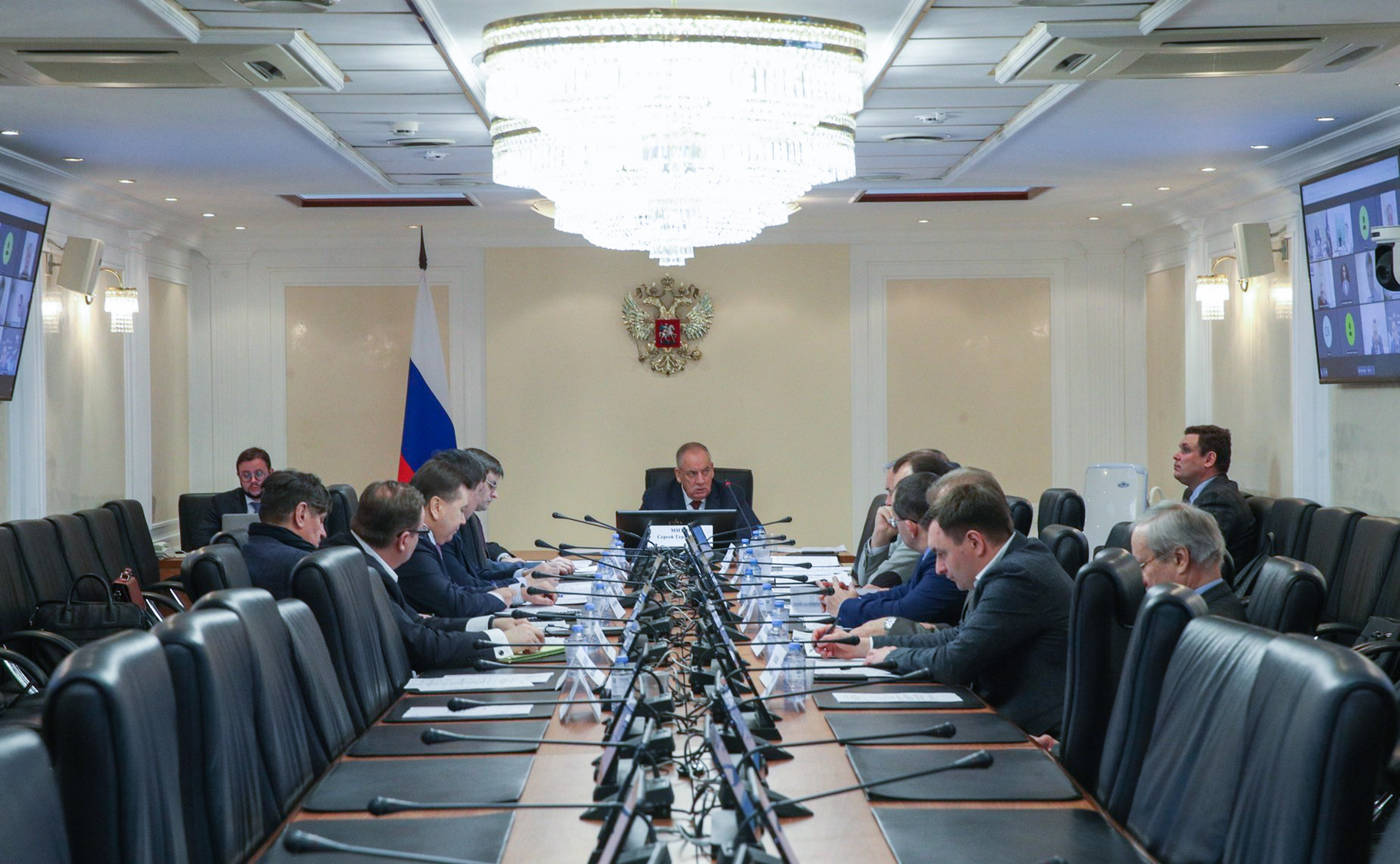Sergey Kaspariants, Executive Director of VIC Group, took part in the meeting of the Federation Council Committee working group on Agrarian and Food Policy
 On January 26, a meeting of the working group on legislative support for the domestic production of veterinary medicines, feed and feed additives was held.
On January 26, a meeting of the working group on legislative support for the domestic production of veterinary medicines, feed and feed additives was held.
Sergey Kaspariants, Executive Director of the VIC Group, spoke on the part of the business community, voicing the topic of challenges facing the industry, and especially highlighting import dependence in a number of segments. He emphasized that the main industry players are ready to launch new production sites promptly, however, without the state support, the site construction will take from 1 to 1.5 years, which in the current restricted environment is critical for the entire agro-industrial complex.
Sergey Mitin, First Deputy Chairman of the Federation Council Committee on Agrarian and Food Policy and Environmental Management, suggested that manufacturers of veterinary drugs should be classified as agricultural producers in order to extend state support measures to them. The needs were also brought to the participants attention:
• to consider the inclusion of the major Russian manufacturers of federally significant veterinary drugs into the list of system-forming enterprises;
• to develop a mechanism to support the demand for Russian veterinary drugs and feed, similarly to other agricultural products;
• to decrease time-consuming bureaucracy in registering new veterinary medicines.
The event was also attended by Maria Novikova, Director of the Veterinary Department of the Russian Ministry of Agriculture, Tatiana Balagula, Head of the Rosselkhoznadzor State Veterinary Supervision Department, and Timur Chibilyaev, Executive Director of the National Veterinary Association.
The next meeting of the working group is planned in the first third of March. A work plan has been outlined: evidence base for the need of state support for veterinary drug manufacturers has already started to be prepared, the ratio of Russian and imported drugs for animals, the labor market of the veterinary industry and the impact of new rules for veterinary drug registration, which are scheduled for introduction next year, are being analyzed.
